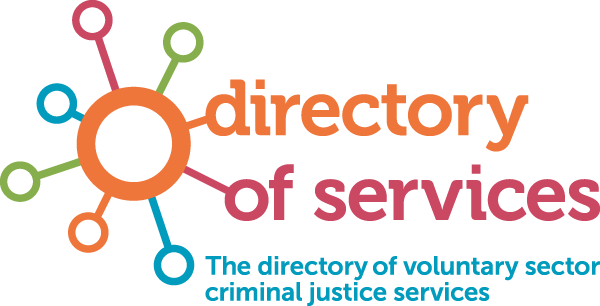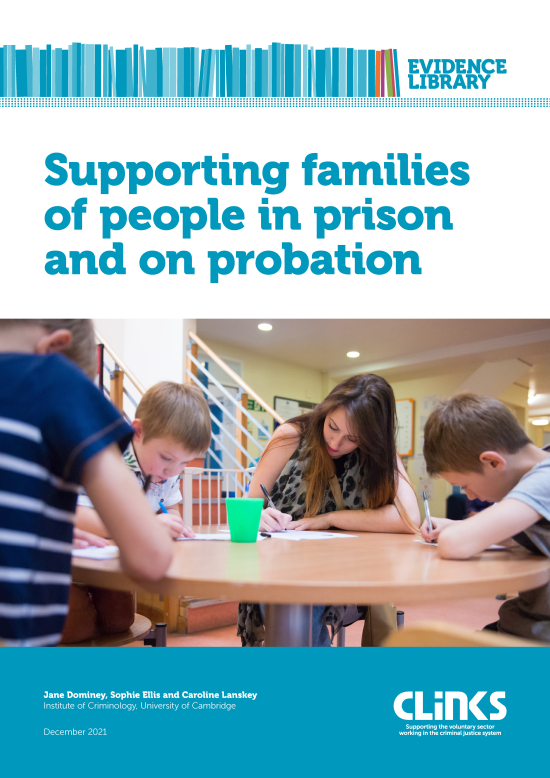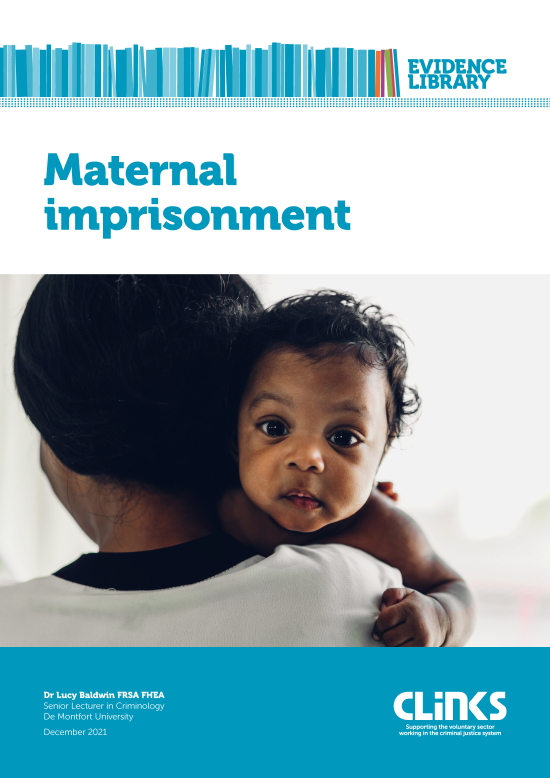Overview
Family relationships are often the main source of emotional, practical and financial support for people in contact with the criminal justice system, from the time of arrest through to after release from custody. Evidence shows that maintaining strong family relationships plays a key role in reducing reoffending, positive resettlement and rehabilitative outcomes. Family members take on the responsibility of caring for children and vulnerable relatives, send essential items like money, clothing, and books to those in prison, and assists with finding employment and housing upon release.
The imprisonment of a family member can have a profound impact on families, particularly on children. Children of imprisoned parents are more than twice as likely to experience mental health problems, face poverty, and suffer from isolation and stigma. Despite this, families frequently encounter barriers to accessing support services, such as inadequate funding, inconsistent commissioning, and a lack of understanding of their diverse and complex needs.
The voluntary sector plays a vital role in addressing these challenges by designing and delivering services that strengthen family connections and provide crucial support to both adults and children affected by a loved ones’ imprisonment. These organisations lead the way in offering vital services, including facilitating prison visits, providing court support, offering counselling and advice, and delivering training programmes.
We understand the critical role of family support in the criminal justice system and are dedicated to supporting and promoting specialist provision. We work to provide a unified voice for organisations, advocating for greater investment in high-quality services that meet the needs of families and children affected with the criminal justice system.
Our work
Keeping the voluntary sector informed
We are committed to keeping voluntary sector organisations informed by regularly sharing criminal justice updates and commissioning news through sector wide mailings and newsletters. These communications ensure that our members and others in the sector are up to date with the latest developments and opportunities.
To help our Family Network members stay connected and informed, we provide additional updates through regular network forums and events, and regularly email updates. These communications cover policy developments, opportunities for commissioning and grant funding, training, events, valuable resources, publications, and campaigns. Please contact our Families Network Coordinator to be added to the mailing list.
Enhancing sustainability
Our Families Network Coordinator works directly with Family Network members to understand their challenges and gather insights that we share with commissioners. We connect members with relevant funding opportunities and support them to engage with public procurement processes, providing sharing information on competitive tendering and commissioned contracts where appropriate. We feed back our members’ experiences to commissioners to help improve commissioning processes.
Training and development
Throughout the year, Clinks holds a full programme of training events designed to support the sector develop the essential skills needed to navigate the criminal justice landscape. We also hold regional and thematic criminal justice forum events to support information sharing and provide networking opportunities for organisations and individuals.
Listening and acting on the experiences and views of the voluntary sector
We actively gather intelligence from our Family Network members on emerging topics and key policy developments through:
- Email call-outs for information
- Small group discussions at Family Network forums
- Specific focus groups
- One to one discussions
Information is then collated and shared to inform our work with officials in the Ministry of Justice and HMPPS, and with other stakeholders, ensuring that the voices and insights of our members are considered in decisions that affect them and the people they support.
Promoting the expertise of the voluntary sector
Clinks represents the voluntary sector through various strategic channels, ensuring its active participation in key decision-making processes, particularly in relation to the commissioning and development of services. Our role in the Prisoner, Family and Significant Other Services (FASO) contract, commissioned by HM Prison and Probation Service (HMPPS), has been crucial in ensuring the sector’s voice is heard in shaping commissioning processes and service specifications. As part of the FASO Providers Forum, we work closely with the voluntary sector, the Ministry of Justice (MoJ), and HMPPS. Our ongoing efforts focus on understanding the challenges faced by the sector, raising key concerns, and collaboratively developing solutions to improve service delivery.
Championing the voluntary sector at the highest levels
We champion the voluntary sector supporting children and families through the Families Seat on the Reducing Reoffending Third Sector Advisory Group (RR3). Chaired by Clinks, this influential group of senior voluntary sector leaders amplifies the voices, concerns, and vital work of organisations supporting women in contact with the criminal justice system.
We also meet with senior officials from HMPPS and MoJ to share intelligence gathered by our members to inform policy and good practice.
Facilitating networks and collaboration
Clinks Family Network is one of several specialist networks that we convene, creating spaces for collaboration, knowledge sharing, and the promotion of good practice. These networks bring together the collective expertise of the sector to strengthen services and enhance outcomes for people in contact with the CJS and their families.
Get involved
The Family Network
The Clinks Family Network connects voluntary organisations that provide specialist support for families of, and relationships for, people in contact with the CJS.
We host regular Family Networking forums which offer an opportunity for people to stay informed about current and future developments in criminal justice. They are designed to strengthen partnership working and provide a platform to address opportunities or challenges your organisation may be facing. Discover details of upcoming events here.
Our Families Network Coordinator convenes the forums and liaises regularly with Network members to share information, provide advice, and offer one-to-one support.
Why Join the Family Network?
Get involved for opportunities to:
- Connect with other specialist organisations
- Access information, advice, training, and support to develop and run family-specific services
- Receive policy updates from Clinks
- Hear from expert speakers on topics relevant to families and criminal justice
- Influence policy and procedures within the criminal justice system
- Showcase good practice and learn from others
- Stay informed with regular updates on issues relevant to families and criminal justice via mailings and our Network ebulletin.
Join the Family Network
The Network is free and open to voluntary organisations that provide services for families of people in contact with the criminal justice system..
Join here









